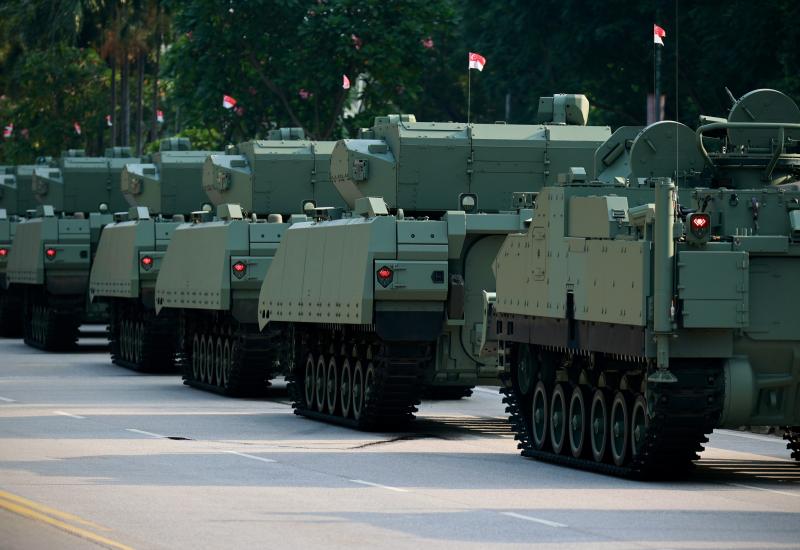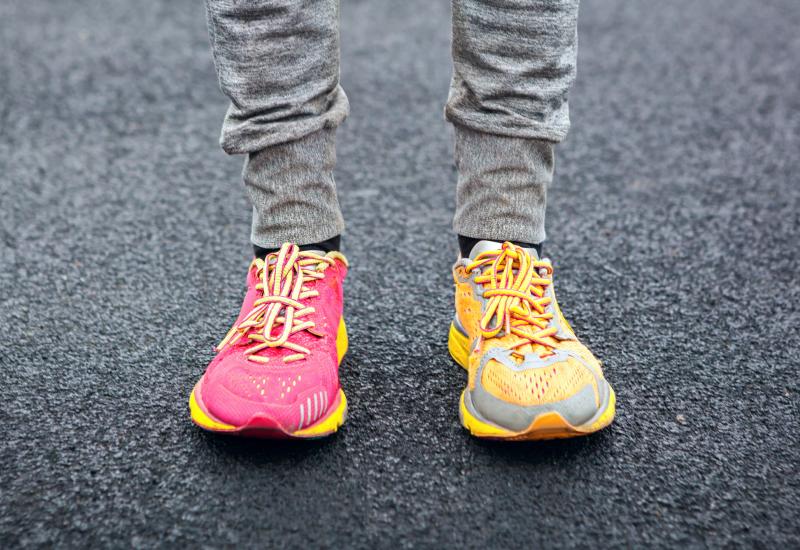
ALX's conjugate foray goes clinical
ALX2004 starts phase 1, along with the sixth oncology-focused in vivo Car-T.
ALX2004 starts phase 1, along with the sixth oncology-focused in vivo Car-T.

ALX2004, the anti-EGFR antibody-drug conjugate towards which ALX Oncology looks increasingly likely to pivot, has started its first-in-human study, recent listings on the clinicaltrials.gov registry reveal.
Also new into the clinic are another in vivo Car-T therapy, plus a neoantigen immunotherapy originated by Curevac; however, the extent to which the latter will continue once BioNTech completes its acquisition of Curevac remains to be seen. In contrast, ALX2004 is gaining an increasingly high profile given ALX's failures with the troubled CD47 inhibitor evorpacept.
The latest flop came in April when evorpacept failed two head and neck cancer studies. Despite this, the project remains in ALX's pipeline, with various combination trials continuing in breast, colorectal and gastric cancers, as well as multiple myeloma.
Meanwhile, the company presented ALX2004 in March as its first shot at the ADC modality, justifying its interest by the fact that there are no approved anti-EGFR ADCs, and that ALX2004 is one of just two clinical-stage projects that use topoisomerase 1 inhibitor payloads. ALX2004 got IND clearance in April, and its new phase 1 solid tumour trial is to yield initial safety data in the first half of 2026.
In vivo
In vivo Car-T, involving the delivery of genetic material that generates Car-T cells in a patient's body, rather than transfecting cells ex vivo and reinfusing the resulting expanded cell product, has been gaining traction of late, helped by AstraZeneca and AbbVie's respective acquisitions of EsoBiotec for $425m and Capstan for $2bn.
Other deals include a 2024 tie-up between Astellas and Kelonia Therapeutics. However, it is a separate Kelonia project, an anti-BCMA Car coded KLN-1010, that has just entered its first clinical study. This makes KLN-1010 the sixth cancer-focused in vivo Car-T to go into the clinic, after Interius's INT2104, Umoja's UB-VV111, Astra's ESO-T01, Starna's STR-P004 and Legend's LVIVO-TaVec100.
Traditional ex vivo Car-Ts newly into the clinic include Bioheng's CTD402 and Carsgen's CT1194C. The latter company is most famous for having filed another asset, satricabtagene autoleucel, for gastric cancer in China, making this the first ever solid tumour submission for a Car-T therapy.
Recently disclosed first-in-human studies*
| Project | Mechanism | Company | Trial | Scheduled start |
|---|---|---|---|---|
| DC50292A | Undisclosed (poss PRMT5 or MAT2A inhibitor) | CR Double-Crane | MTAP-deleted solid tumours | 30 Jun 2025 |
| CT1194C | Undisclosed Car-T | Carsgen | B-cell lymphoma | 15 Jul 2025 |
| CVHNLC | Neoantigen mRNA immunotherapy | Curevac (BioNTech/ myNEO) | +Keytruda in squam NSCLC, 1st-line maintenance | 30 Jul 2025 |
| KLN-1010 | BCMA in vivo Car-T | Kelonia | Inmmycar in multiple myeloma | Jul 2025 |
| ALX2004 | EGFR ADC | ALX Oncology | Solid tumours | Jul 2025 |
| ABY-271 | HER2 Ac-225 radioconjugate | Affibody | HER2+ve breast cancer | 1 Aug 2025 |
| SKB107 | Undisclosed Lu-177 radioconjugate | Kelun Biotech | Solid tumours with bone metastases | 1 Aug 2025 |
| A9-3408 | Undisclosed Ac-225 radioconjugate | Alpha-9 Oncology | Post-PD-(L)1 melanoma | Aug 2025 |
| CTD402 | CD7 Car-T | Bioheng Biotech | Tenacity-01 in T-cell lymphoma | 30 Sep 2025 |
| CHO-A04 | SSEA4 MAb | Cho Pharma | Solid tumours | 1 Dec 2025 |
Note: *projects newly listed on the clinicaltrials.gov database between 3 and 25 Jul 2025.
Meanwhile, Curevac caused some surprise in June when it agreed to be bought by BioNTech in an all-stock deal valuing its stock 95% below its 2021 peak. Curevac's slimmed-down pipeline included two mRNA-based immunotherapies: CVGBM, in phase 1 in brain cancer, and CVHNLC, a preclinical asset derived from a collaboration with myNEO; now the latter has started a first-in-human Keytruda combo trial.
The takeover is set to close later this year, and BioNTech's likely goal in doing the deal was to avoid the nuisance of litigation – something that's separately just been settled with the payment of $370m to Curevac plus a 1% royalty on related products. As such, and given that BioNTech is developing other neoantigen immunotherapies, its interest in CVHNLC is anyone's guess.
New first-in-human trial listings also include three radioconjugates, an approach that continues to generate much interest. One comes from Kelun, a group better known for ADCs and a high-profile deal with Merck & Co, and another from the private Swedish company Affibody, which has made a push into this modality as well as into radioligand-based tracers.
Another private biotech, the Canada-based Alpha-9 Oncology, closed a $175m series C financing round last October; A9-3408, an undisclosed project that uses actinium-225 as the isotope, appears to be its first therapeutic into the clinic.
This story has been updated to correct the scope of the Kelonia/Astellas discovery deal.
1528













